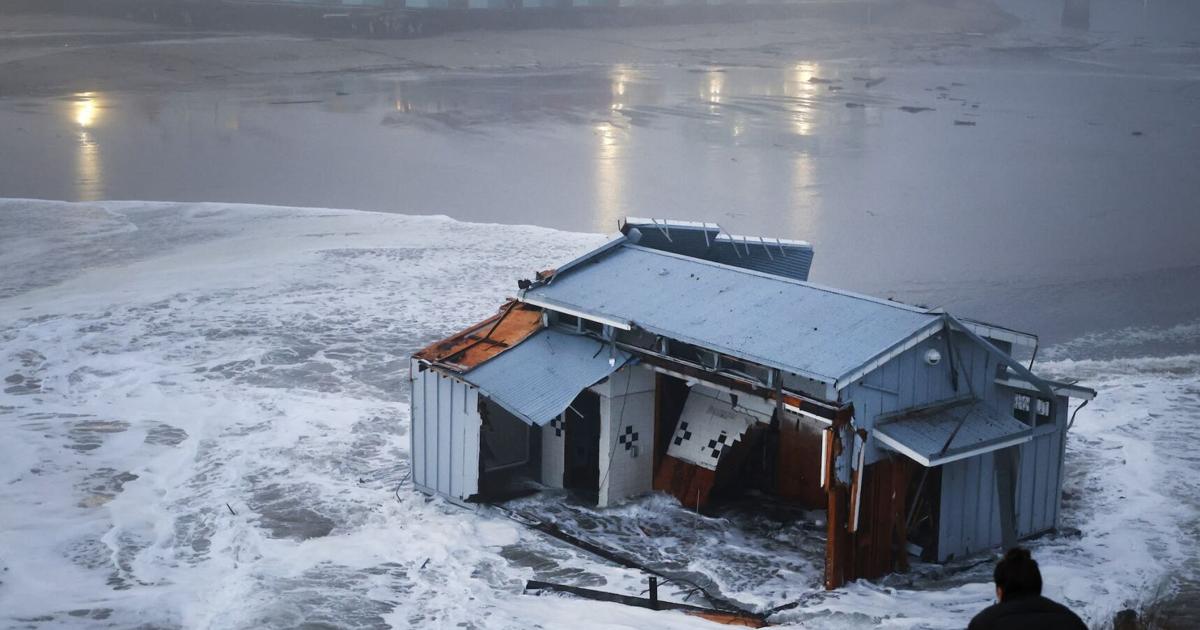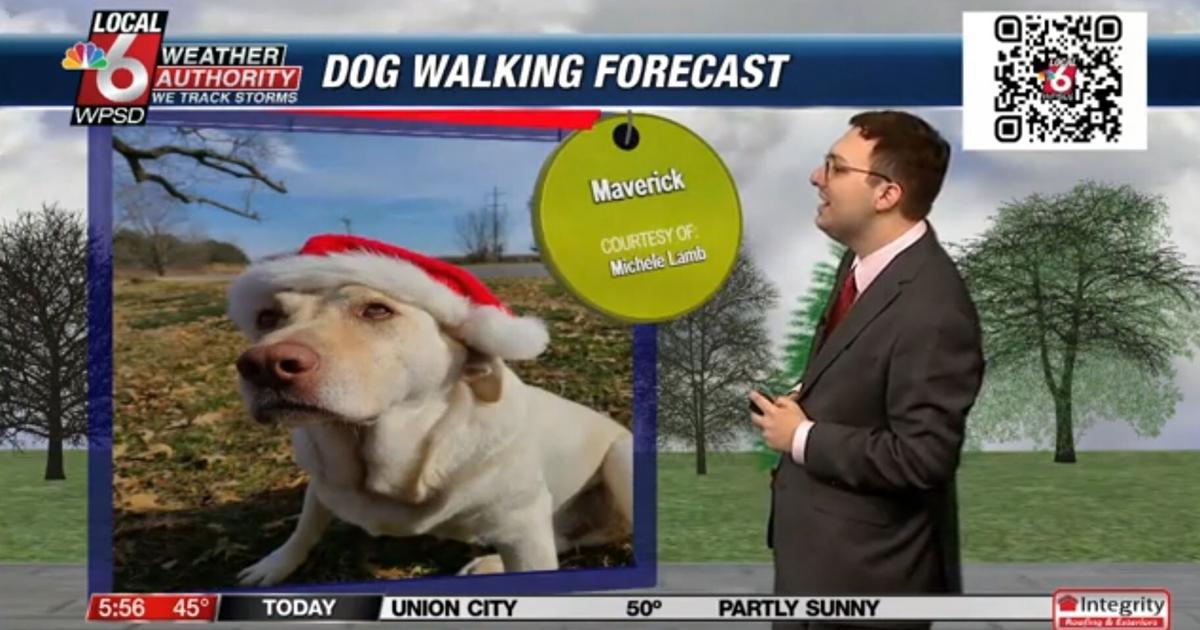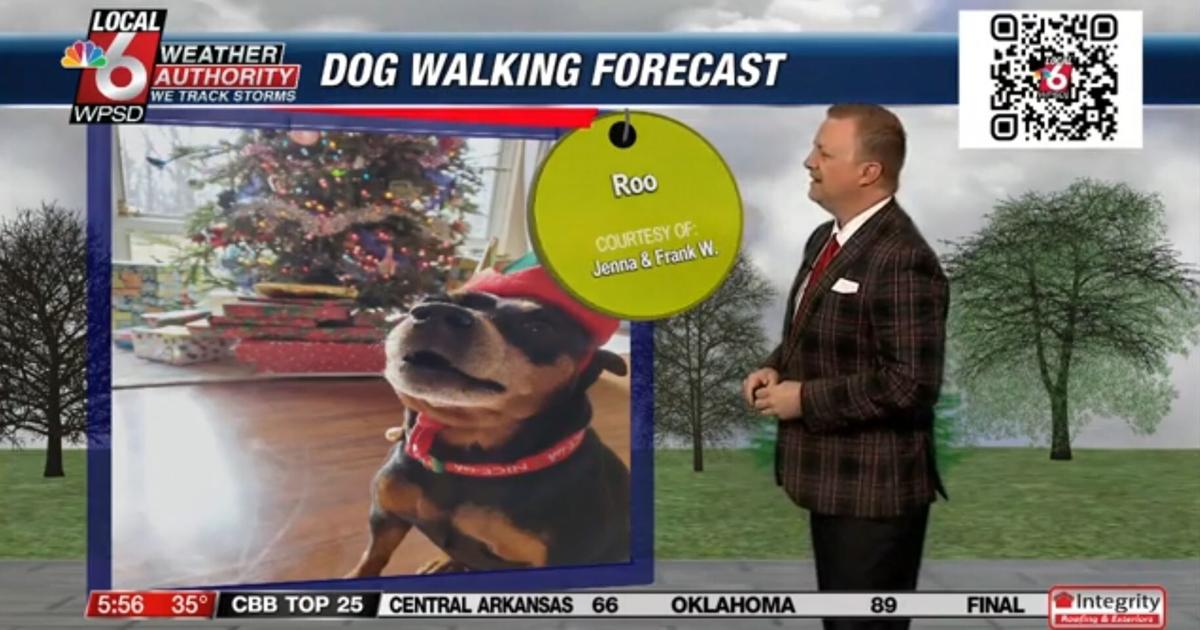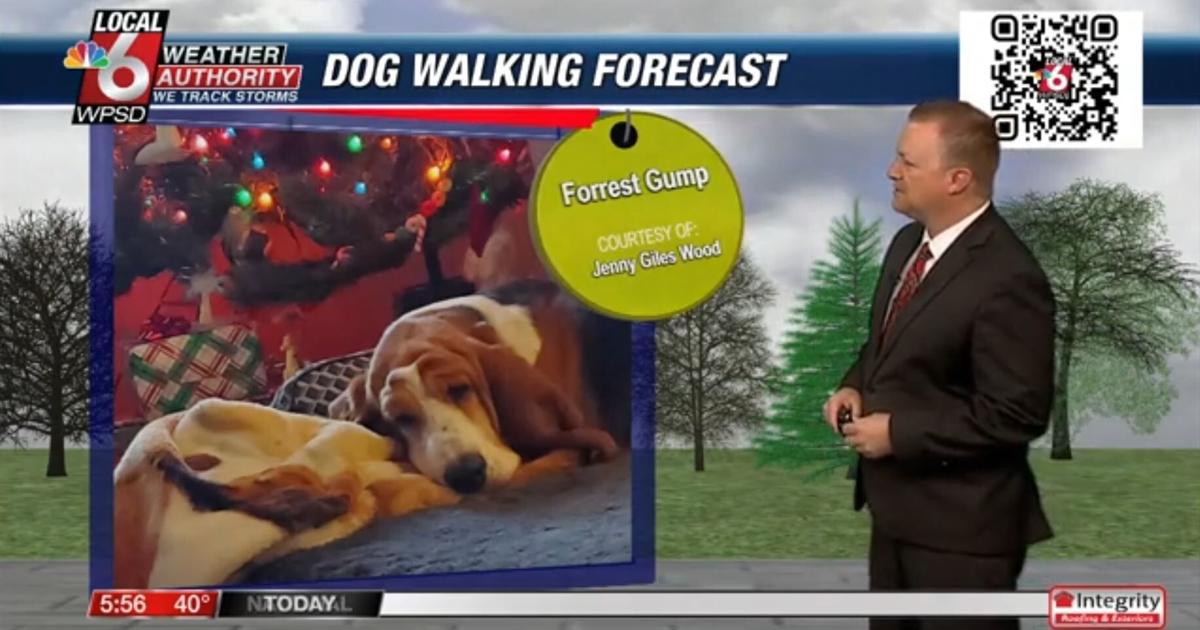By: Prof. Andrew Charlton-Perez
As some of you may be aware, it’s been an exciting time recently for work on climate education and it’s something that the University has been increasingly involved in. I’ve taken the opportunity of writing the departmental blog this week to take a bit of a look back on the work we’ve been involved in and to hopefully get some of you enthused about joining in with this effort. Perhaps even through our new Time to Make a Difference policy.
Hopefully it’s clear to everyone in the department just why this work matters so much. For too long, despite the efforts of many brilliant teachers, school education on climate change has been fragmented and inconsistent. This is reflected both in what young people say about their climate education – see the incredible Teach the Future campaign – and in the climate literacy of school leavers.
As part of our work leading into COP26, a small team of colleagues at the University put significant effort into this topic and in developing a national climate education summit. Very much a lockdown project that got out of hand. We realised quickly through the summit that there was a huge desire for creative and practical thinking about how to improve climate education – and we developed a National Climate Education Action Plan (NCEAP) with partners including the RMetS. This work has been influential – for example informing the Department for Education (DfE) Sustainability and Climate Change strategy. The group that formed through the summit has continued to meet regularly with more than 70 organisations contributing to our continued work on improving climate change education. You can see, for example, our recent work on where climate change could be included within the curriculum.
One significant idea that came out of the action plan, was that the education system needs the help of the expertise that sits within universities, government and the private sector to move forward. In particular, to meet the government aim of all education settings to have a climate action plan in place by next year, we need to mobilise this expertise quickly and effectively.
From this idea, was born the Climate Ambassador scheme with the generous support of STEM Learning who provided their platform and tools to the programme for free. I’m hugely proud that this simple idea has now grown into one of the biggest climate education schemes in the world. Following the award of £2m in funding from the DfE in January we have been able expand the scheme significantly. Our Climate Ambassador consortium, which I am co-leading with Charlotte Bonner at EAUC, has established nine regional hubs at the Met Office and eight universities including here at Reading. Our brilliant regional hub manager, Gemma Bailey, has been leading the charge in the South-East and the project is now managed by Jessica Gardner.
It’s been so much fun to work with colleagues old and new as we have been growing and developing the scheme. So far, we have recruited 720 ambassadors – a huge achievement and a significant volunteer team already. We need to go much further though and we need your help, could you sign up to help us? Find details of how to do so on the STEM Learning website.
Ultimately though the success of the scheme and of our key partners at the National Education Nature Park, Sustainability Support for Education and Let’s Go Zero will be measured by our ability to make transformative change in climate and nature education across the education system. In September, to kick off this exciting year of climate and nature action in education we held a series of nine linked events across all of our regional hubs. I’ve included some photos below of this work, the enthusiasm and energy across those who attended was really infectious. The desire for change is out there among teachers and school and college leaders – but we will need to keep up the hard work to make this change a reality.
What is exciting is that this hard work does seem to be paying off. In the last ten months, Climate Ambassadors have supported more than 500 nurseries, schools and colleges. Across the four programmes I mentioned above nearly 4,000 education settings, more than 15% of the total in England, are already involved. There is still of course a huge way to go, but in just a couple of years we have collectively generated a huge amount of momentum – on the way to the DfE vision of the UK leading the world for climate action in education.
So what’s next? As I’m sure many of you will be aware, one of the first acts of the new government was to launch a review of curriculum and assessment across the education system, led by Prof. Becky Francis. The University, along with many other organisations, will be advocating for the review to put high-quality climate education at the heart of the reforms that follow. On Monday (4th Nov) NCEAP will be hosting an open meeting at which we hope many different organisations will share their ideas about how this goal might be achieved.
It’s been hugely personally satisfying to be involved in this work over the last three years. Thank you to the hundreds of Climate Ambassador volunteers who have given their time so generously and readily. While it’s probably the hardest I’ve ever worked in my career, the satisfaction I get from the work we are doing as a small team at the University, as an engaged and dedicated consortium and across the community of organisations seeking to make real change happen is enormous. As Head of School, I hope that you as my colleagues are able to get the same amount of joy from your work!



















Discussion about this post